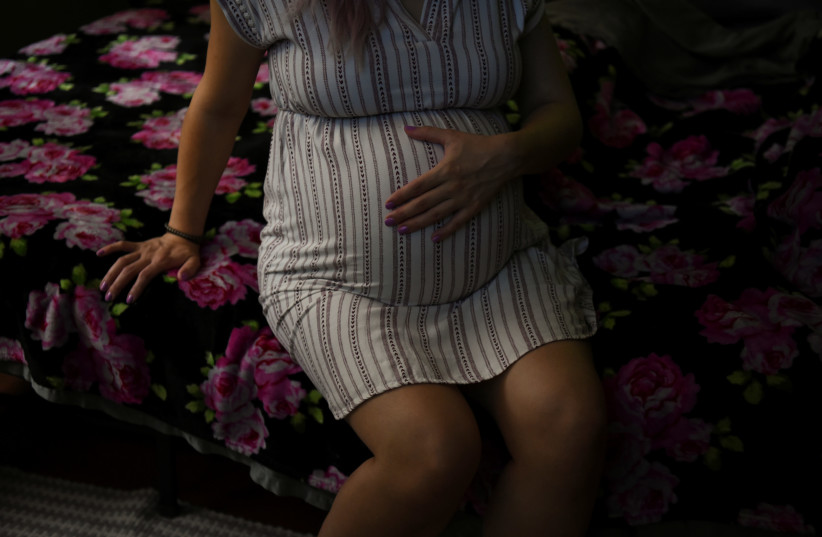A new study found that 60% of pregnant or postpartum women in the United States reported health care unaffordability, while 24% reported they could not meet necessary healthcare needs.
The study, published in the peer-reviewed medical journal JAMA Network Open last October, studied a total of 3509 women over the course of five years (2013-2018) with different levels of health insurance. Those with private insurance reported that their largest issues were with health care affordability, while women with public insurance were most concerned with unmet health care needs and delayed service.
Additionally, 54% of the participants reported general financial stress stemming from costs associated with their pregnancies.
“Our findings underscore the importance of stable insurance coverage for pregnant and postpartum women,” the study’s co-author from the University of Michigan Medical Center Dr. Michelle H Moniz told the University of Michigan's Institute for Healthcare Policy and Innovation (IHPI). “These data may help explain why lack of insurance during pregnancy is associated with inadequate and late prenatal care and higher risk of adverse birth outcomes,” Moniz continued.
Moniz declared that financial hardship may affect the health of some pregnancies, saying that “for some, the cost of healthcare is a barrier to utilizing these recommended services.” Researchers concluded the study by determining that policies to improve health care affordability and promote overall economic security among pregnant women must be adopted.
“Improving coverage and affordability of recommended healthcare for peripartum women is a decades-long policy goal,” said Moniz. “We need more targeted interventions to promote overall economic security among peripartum women and their growing families.”

